On March 25, at the national conference summarizing the work of the People's Councils of provinces and centrally run cities in 2023 and deploying the work plan for 2024, Mr. Nguyen Van Dung, Head of the Urban Committee of the People's Council of Can Tho City, said that there were limitations in the research and collection of information related to the content of the review, which was sometimes incomplete. The organization of collecting opinions from experts and scientists on the content of the review was not regular. The monitoring activities were sometimes not comprehensive.
Therefore, in the coming time, Mr. Dung said that the Urban Committee of the Can Tho City People's Council will promptly develop a plan for inspection and survey to clearly understand the situation of the contents related to the inspection. Regularly urge the implementation of resolutions after supervision, especially the implementation of the Can Tho City planning, the implementation of urban architecture, site clearance, compensation and resettlement.
Deputy Head of the Delegation in charge of the National Assembly Delegation of Hoa Binh Province Dang Bich Ngoc also proposed that it is necessary to maximize the attention and create favorable conditions for Party committees and authorities. First of all, the Standing Committee of the Provincial Party Committee should be proactive and active in advising the Standing Committee of the Provincial Party Committee on hot issues of public opinion, voters and people's interest, and promote the spirit of active information exchange between the National Assembly Delegation, the Standing Committee of the People's Council, and the People's Council's committees on related fields of work. Closely follow the provisions of the law on assigned functions and tasks, and the content of the regulations to develop a specific coordination program, making the most of the strengths of each agency and unit to build an increasingly close and close coordination relationship, improving the quality of activities of all parties.
Deputy Secretary of the Provincial Party Committee, Chairman of the Khanh Hoa Provincial People's Committee Nguyen Tan Tuan said that the working relationship between the People's Committee and the People's Council at the same level, between the Provincial People's Committee and the Provincial People's Council, has been clearly stipulated in the Constitution and the Law on Organization of Local Government. The Provincial People's Council, as a local State power agency, operates in sessions, issues resolutions on local development issues, and supervises the implementation of laws in the locality.
To continue promoting the achieved results, Mr. Tuan said that the Provincial People's Committee and the Standing Committee of the Provincial People's Council need to regularly monitor and evaluate the coordination between the two sides, accurately assess the effectiveness and shortcomings and limitations in the implementation process, and promptly hold meetings to draw experience to find effective solutions.
“At the same time, the Provincial People's Council needs to continue to strengthen thematic sessions to resolve issues arising in the process of directing and implementing economic, cultural and social development tasks and other related issues of the locality. In addition, the Standing Committee of the Provincial People's Council needs to strengthen the application of information technology in sending and receiving documents of the Provincial People's Council meetings in the spirit of paperless meetings, reducing the time spent printing documents and papers, and saving costs,” said Mr. Tuan.
Head of the Legal Department of the People's Council of Ha Tinh province, Nguyen Thi Nhuan, suggested that there should soon be regulations guiding the drafting of resolutions that do not contain norms to resolve some specific situations.
Ms. Nhuan analyzed that according to the provisions of the Law on Promulgation of Legal Documents, the People's Councils at district and commune levels are only allowed to issue resolutions to regulate issues assigned by law. In certain cases, some localities and units at district and commune levels will issue resolutions to support specific models related to administrative procedures, but the administrative procedures are only regulated in legal documents.
Source


![[Photo] Closing of the 4th Summit of the Partnership for Green Growth and the Global Goals](https://vstatic.vietnam.vn/vietnam/resource/IMAGE/2025/4/17/c0a0df9852c84e58be0a8b939189c85a)

![[Photo] National Assembly Chairman Tran Thanh Man meets with outstanding workers in the oil and gas industry](https://vstatic.vietnam.vn/vietnam/resource/IMAGE/2025/4/17/1d0de4026b75434ab34279624db7ee4a)
![[Photo] Promoting friendship, solidarity and cooperation between the armies and people of the two countries](https://vstatic.vietnam.vn/vietnam/resource/IMAGE/2025/4/17/0c4d087864f14092aed77252590b6bae)
![[Photo] General Secretary To Lam receives French Ambassador to Vietnam Olivier Brochet](https://vstatic.vietnam.vn/vietnam/resource/IMAGE/2025/4/17/49224f0f12e84b66a73b17eb251f7278)
![[Photo] Nhan Dan Newspaper announces the project "Love Vietnam so much"](https://vstatic.vietnam.vn/vietnam/resource/IMAGE/2025/4/17/362f882012d3432783fc92fab1b3e980)
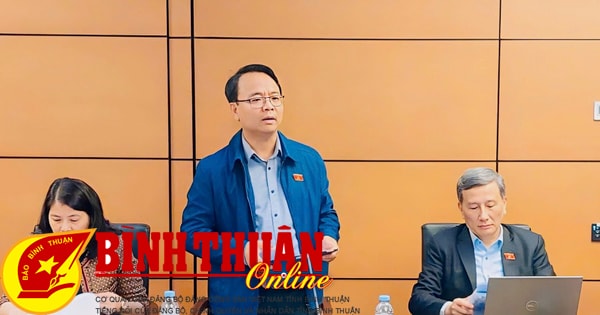

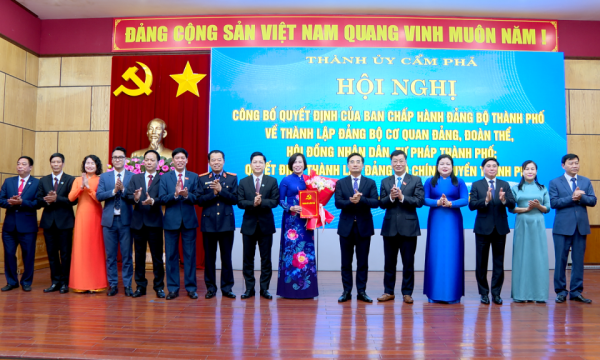
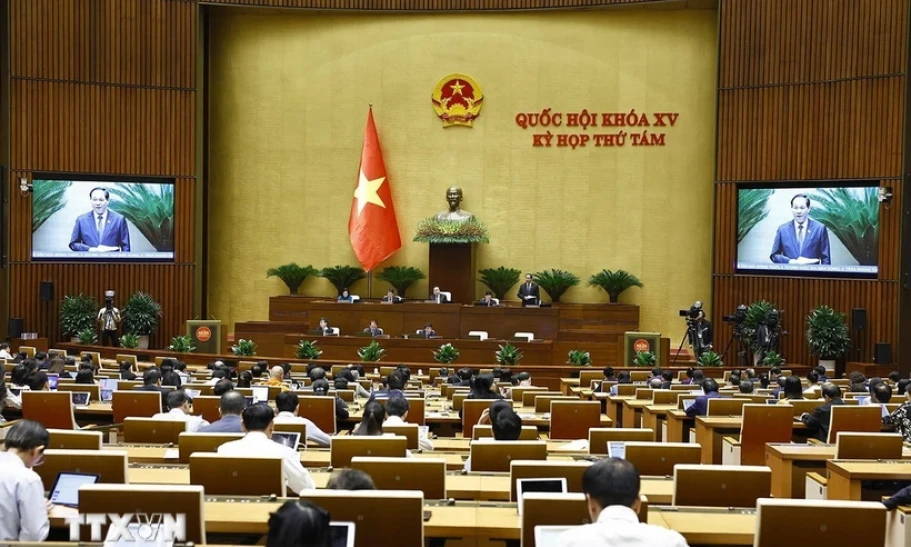


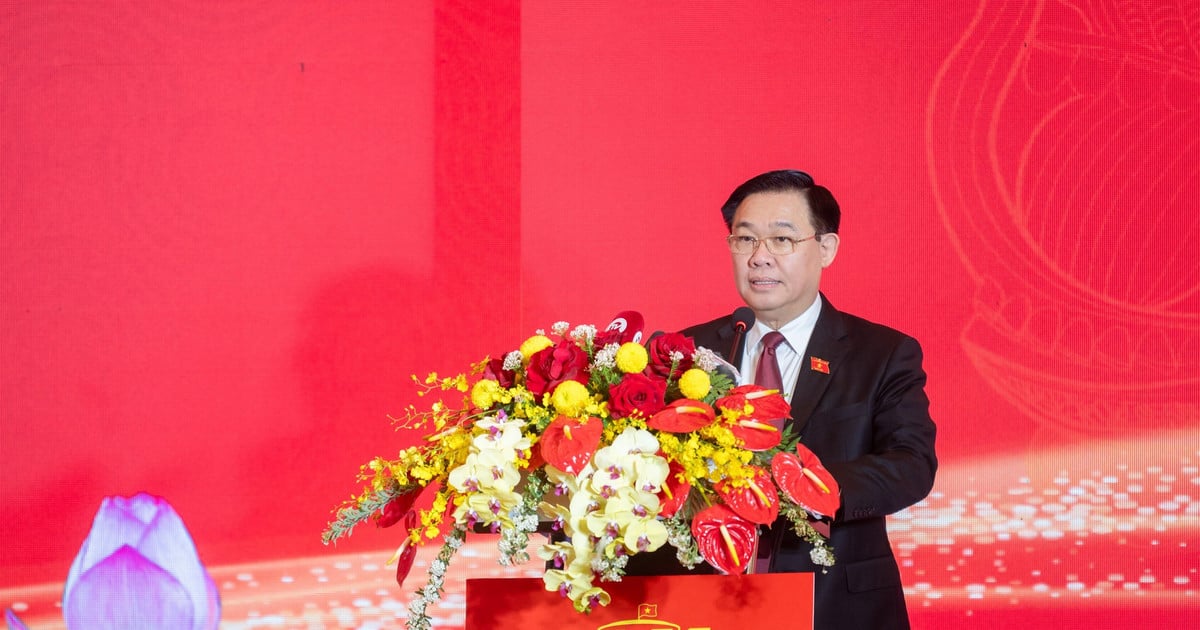
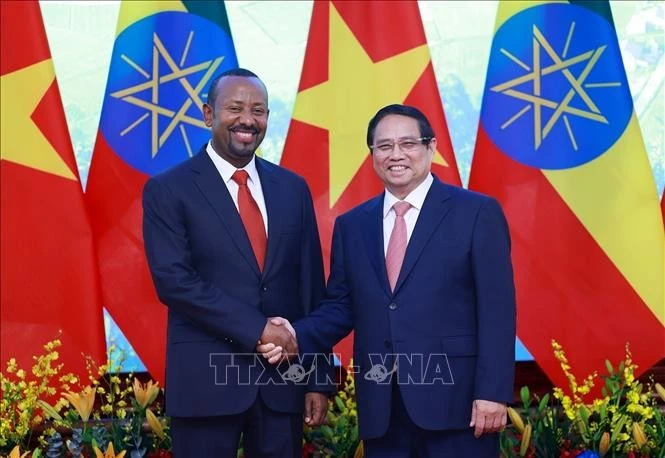
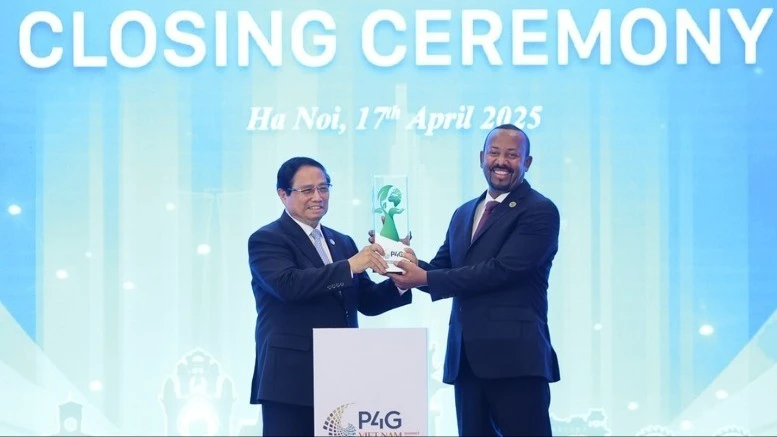
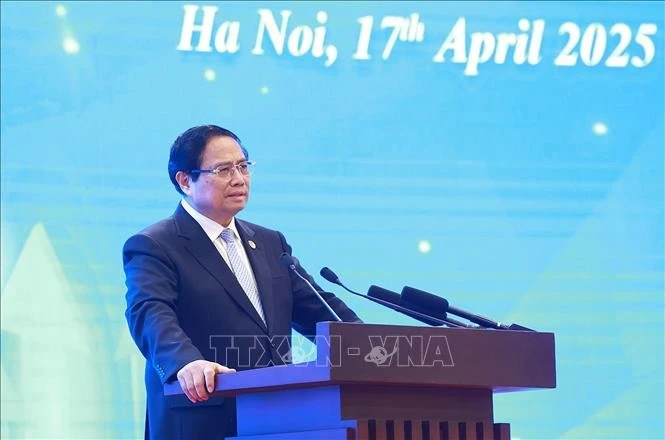
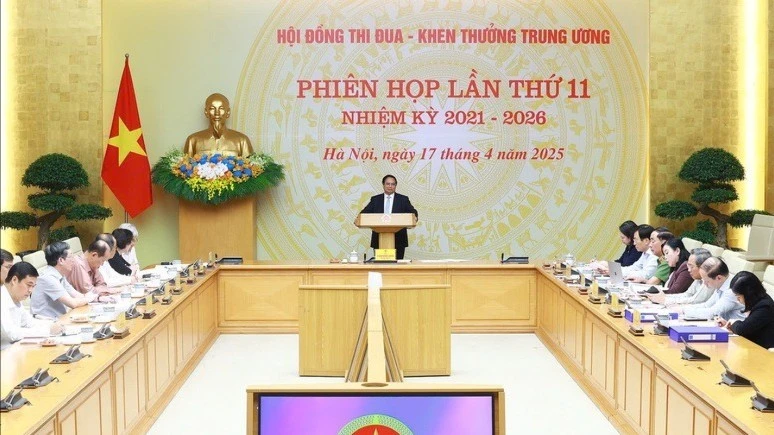
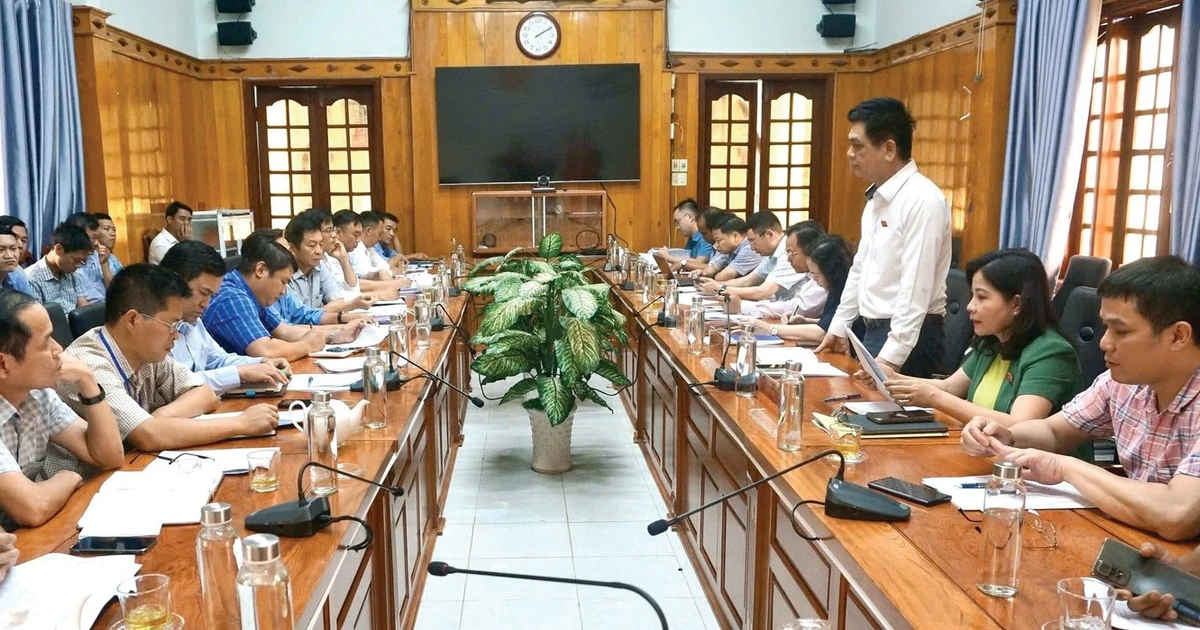






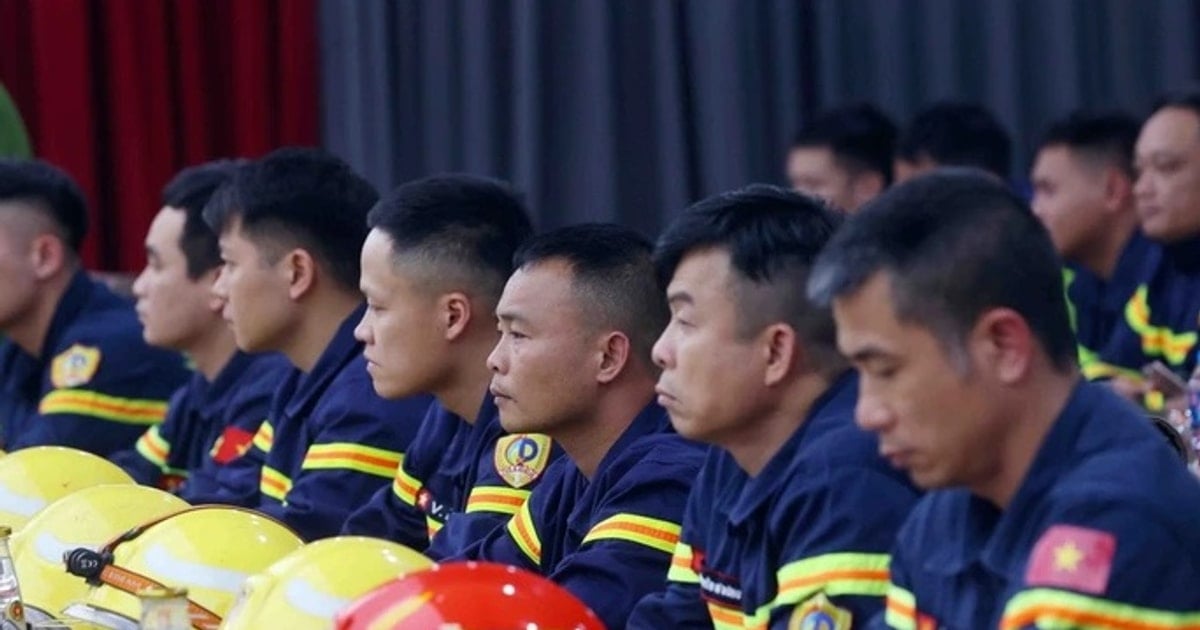
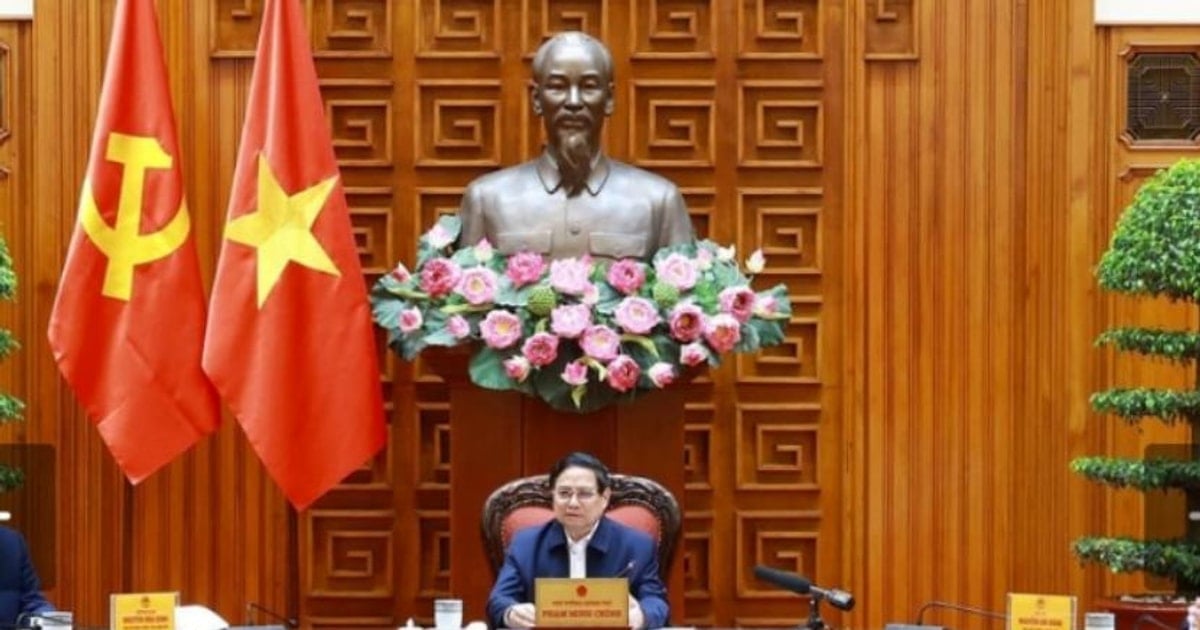
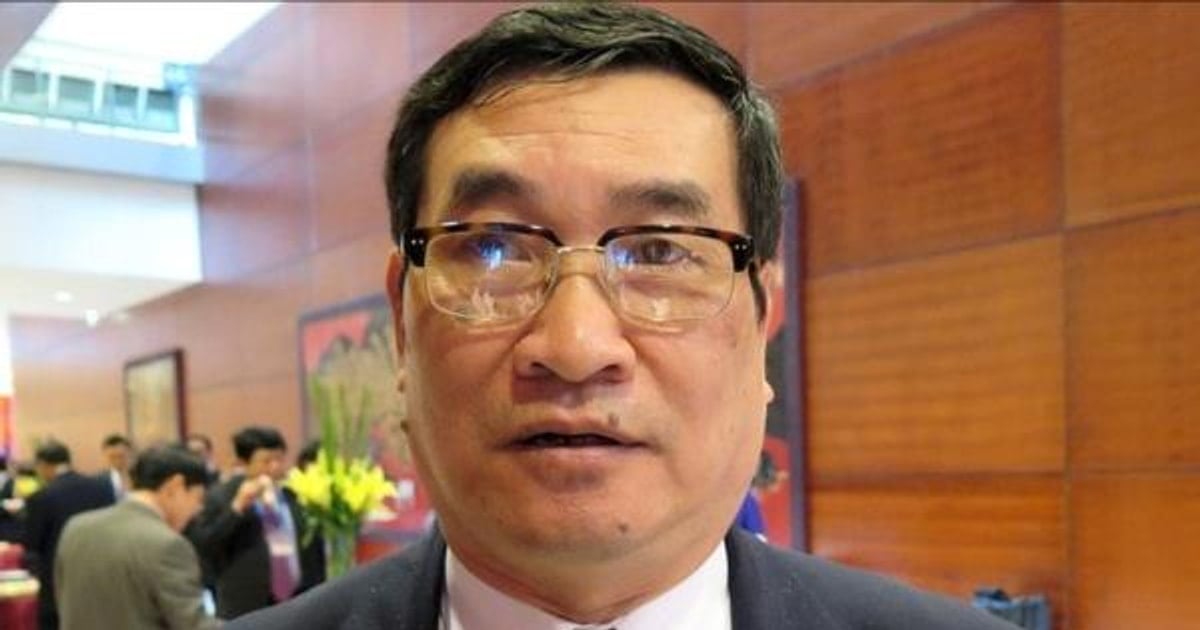
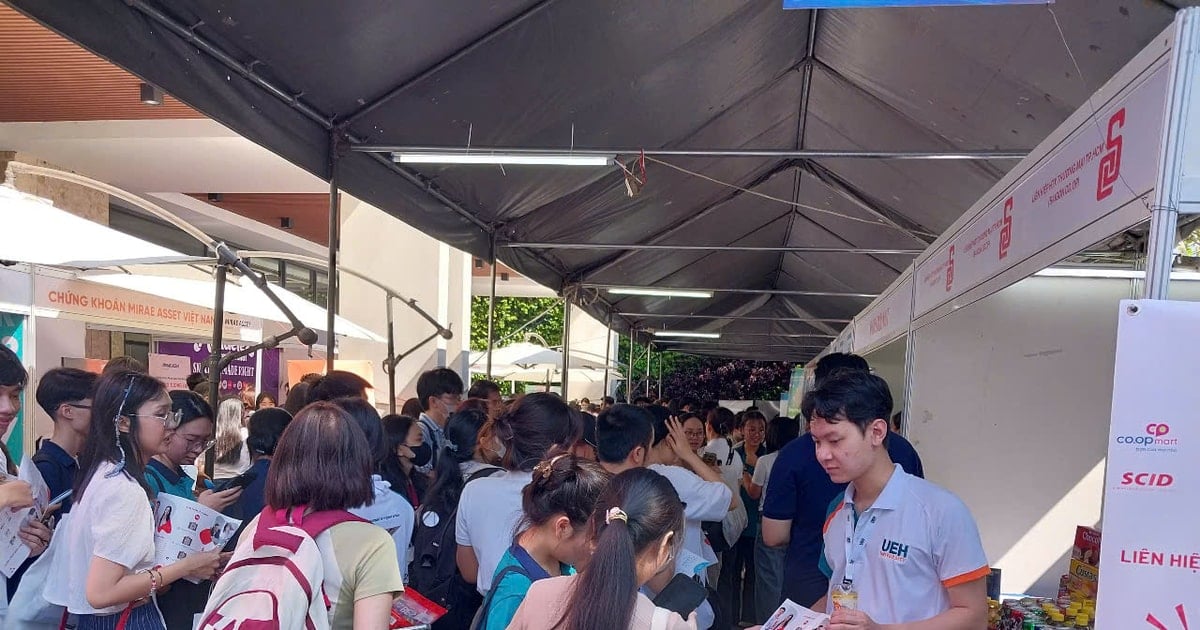
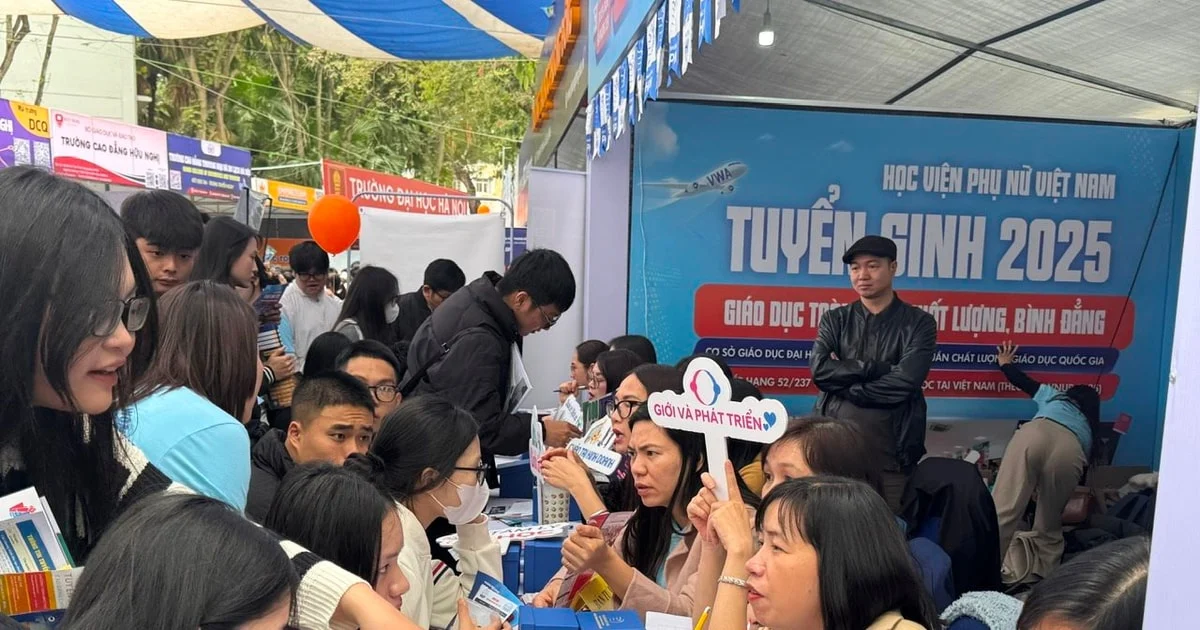
![[Photo] Welcoming ceremony for Chinese Defense Minister and delegation for friendship exchange](https://vstatic.vietnam.vn/vietnam/resource/IMAGE/2025/4/17/fadd533046594e5cacbb28de4c4d5655)




























![[Video] Viettel officially puts into operation the largest submarine optical cable line in Vietnam](https://vstatic.vietnam.vn/vietnam/resource/IMAGE/2025/4/17/f19008c6010c4a538cc422cb791ca0a1)


















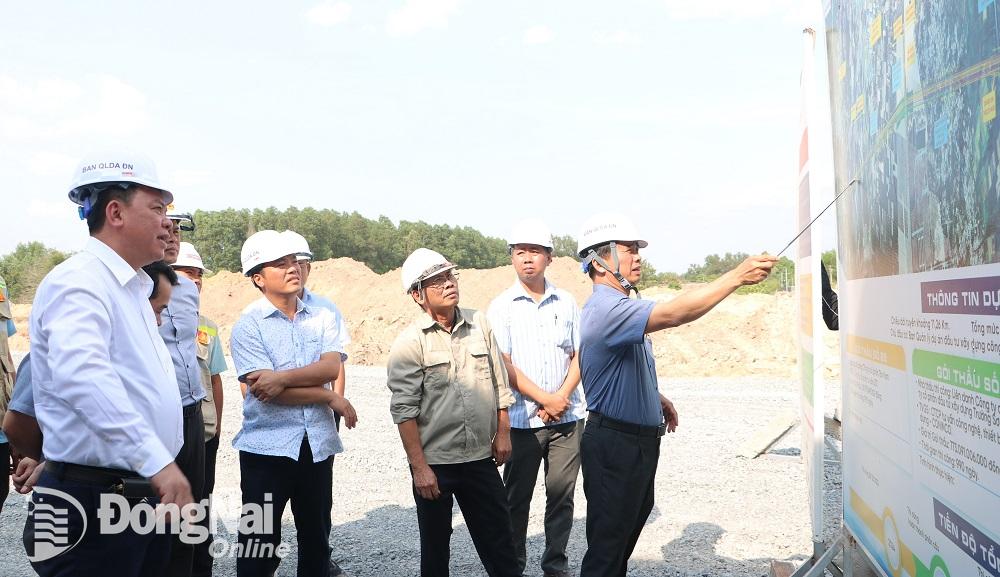



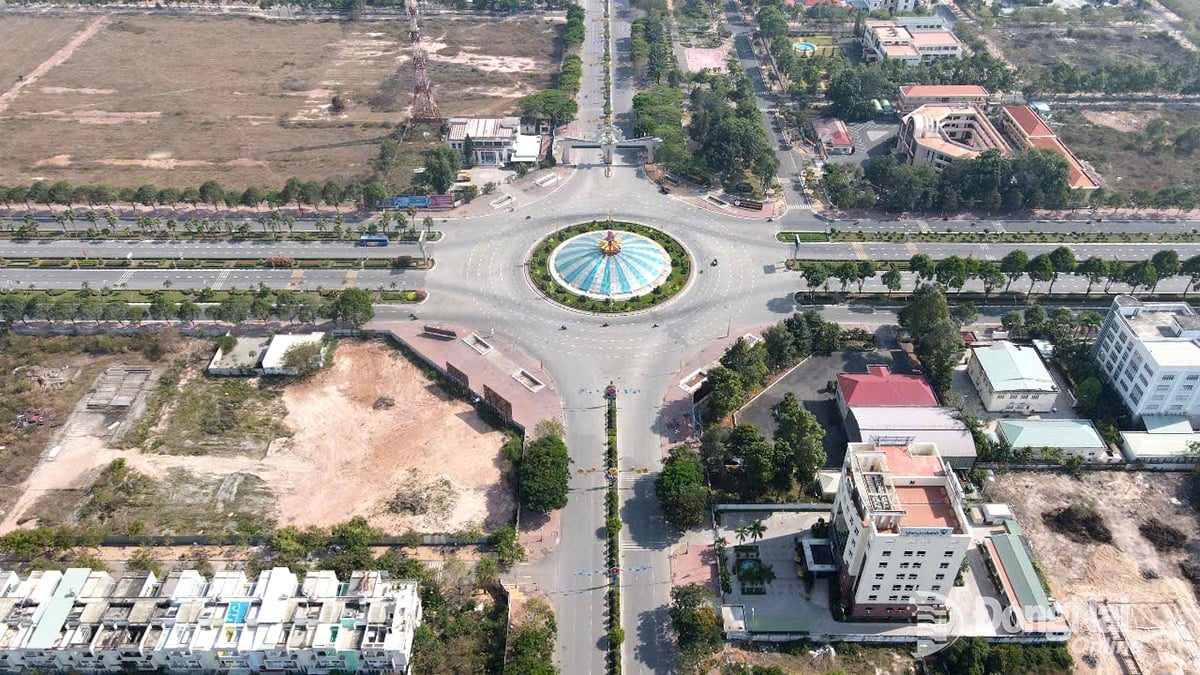



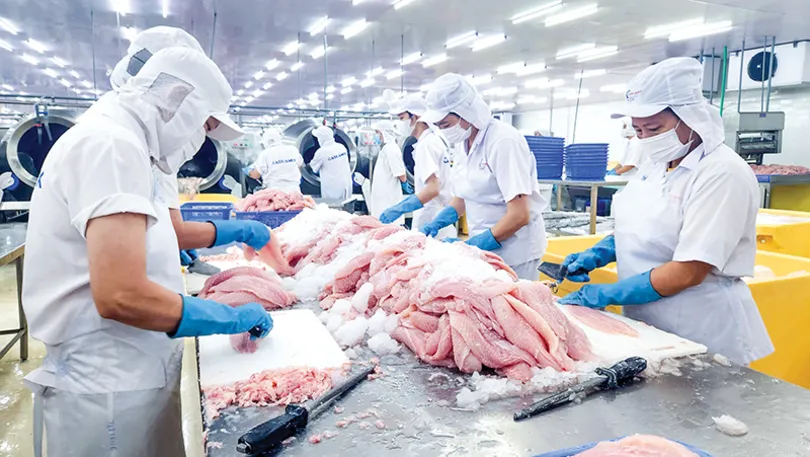










Comment (0)